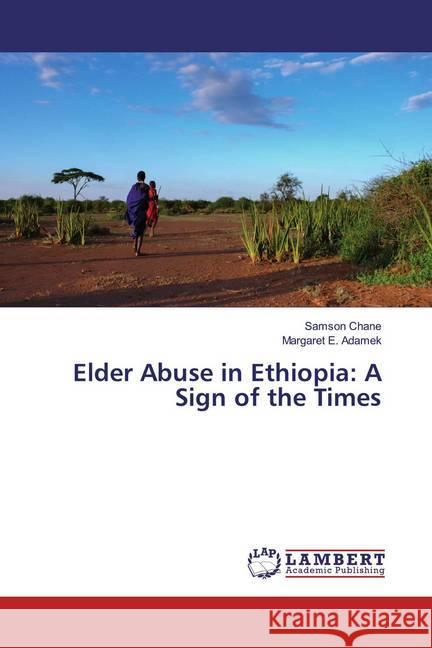Elder Abuse in Ethiopia: A Sign of the Times » książka
Elder Abuse in Ethiopia: A Sign of the Times
ISBN-13: 9786200084576 / Angielski
Culturally, elder abuse in Ethiopia is not perceived as a problem. To increase understanding of the issue, a phenomenological study was conducted based on the lived experiences of 15 Ethiopian elders. Data were analyzed using interpretive phenomenological analysis. Extreme poverty was evident; some elders owned only one outfit and shared a bug-invested hut with no electricity with multiple family members. In addition to poverty, other risk factors for abuse were conflicts of interest, physical and health conditions, mutual dependency, living arrangements, powerlessness, and drunkenness. Elders experienced neglect as well as psychological, financial, and physical abuse at the hands of family members, employees, and neighbors. As one elder stated, "Life is meaningless without food and without a caregiver. I am ready to welcome death." Elders responded to abuse in a number of ways, but their efforts were often fruitless in the context of poverty and decreasing respect for elders. Documentation of elder abuse in Ethiopia and sharing personal stories may contribute to the recognition of abuse as a problem deserving public attention and response.











